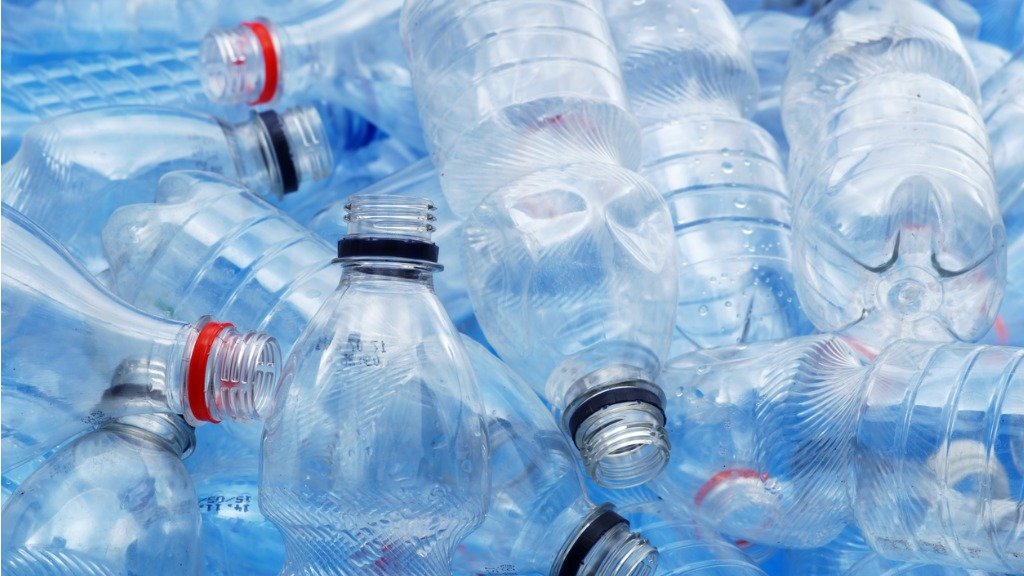
The European Commission proposed measures on Monday to prevent microplastic pollution from the spillage of plastic pellets into the environment.
Around 176,000 metric tons of microplastics are unintentionally released into the environment each year, according to the European Chemicals Agency. Pellets are the third largest source of microplastics after tyres and paint.
Microplastics have been found in the human body, polar sea ice and the deepest ocean trenches, and can kill birds and turtles that eat them when they are washed into the sea or onto beaches.
The law takes aim at another source of the tiny plastic pollutants – pellets, or “nurdles”, the small pieces of plastic used to manufacture plastic products.
Measures proposed include prevention to avoid any spills of plastic pellets, which are small granules used in the plastics manufacturing process. Other suggested measures include containment of spilled pellets to make sure they do not pollute the environment and cleaning up afterwards, if a spill has occurred.
Between 52,000 and 184,000 metric tons of pellets are released in the environment every year due to mishandling throughout the entire supply chain, the Commission said in the statement.
“With these new rules, we are aiming to reduce this figure by 74%,” Virginijus Sinkevicius, EU environment commissioner told Reuters.
“We are only going with the pellets this time because it’s the most solid data we have…The work doesn’t stop here. It’s a first step. Our aim is to decrease microplastics (pollution) by 30% by 2030.”
It is now up to the EU’s 27 member states and the European Parliament to negotiate and approve draft measures.
(Reporting by Marine Strauss and Julia Payne; Editing by Susan Fenton and Emelia Sithole-Matarise)